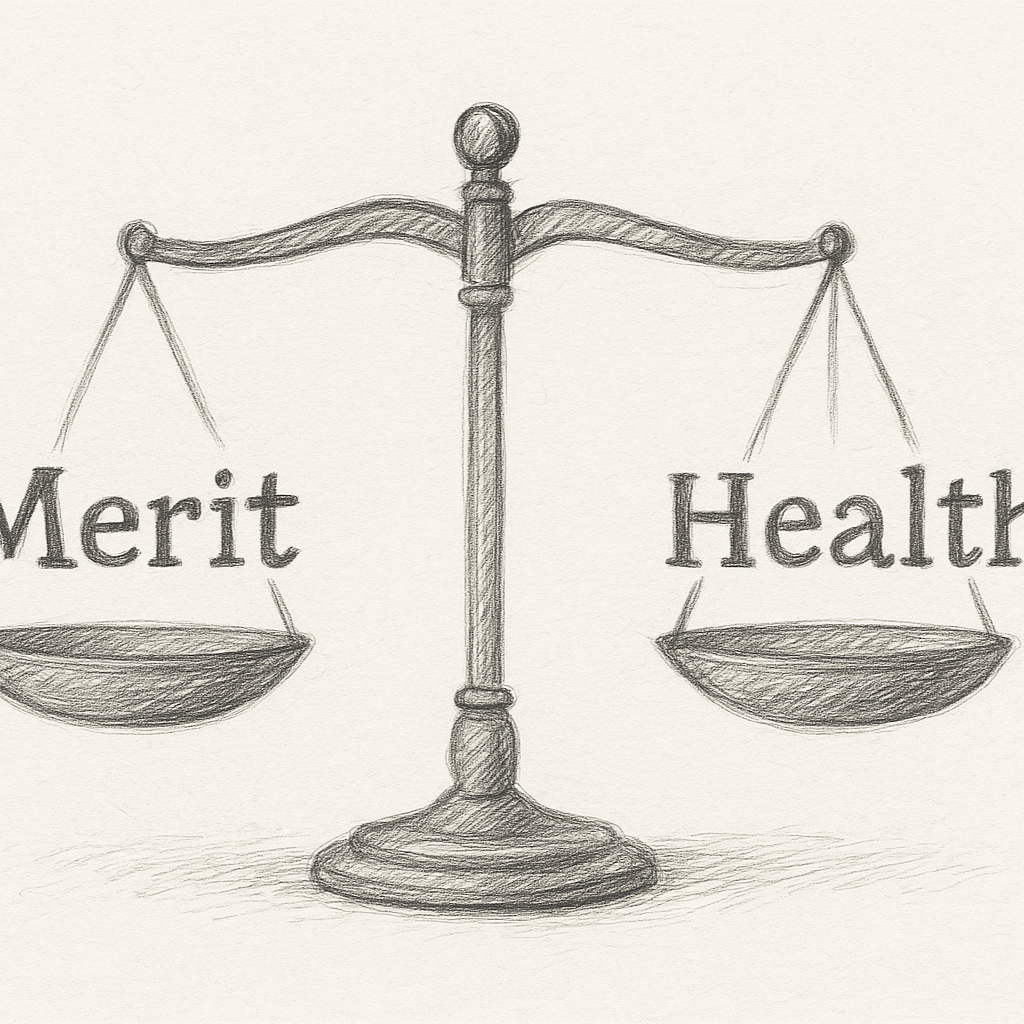What Overturning Roe Would Mean For America
A SCOTUS case that may overturn Roe V. Wade will harm hundreds of thousands of Americans.
A participant of the Women’s March held at the Beverly Gardens Park in Beverly Hills, Calif. Sat. Oct. 2, wears a coat hanger with a message written on it. (Jon Putman | The Corsair)
The Supreme Court of the United States (SCOTUS) case Dobbs v. Jackson's Women's Health Organization, heard by justices on Dec. 1, is perhaps the biggest challenger to the landmark Roe v. Wade decision since 1973. The Dobbs case argues that Mississippi law banning abortion is not unconstitutional, since the constitution does not explicitly guarantee abortion access.
Without proper reproductive healthcare, people with wombs lose the innate right to control their own bodily autonomy. If the current Supreme Court overturns Roe v. Wade, hundred of thousands of people in America would lose legal abortion access. According to a 2019 research report by a team from Middlebury College, University of California San Francisco, and the Guttmacher Institute, abortion will become illegal in an estimated 8 to 13 states in post-Roe America due to "trigger laws," meaning state laws that would ban abortion but are currently blocked by Roe's precedent.
Abortion, in an America with Roe intact, is still hard to access in certain states. As a bilingual medical assistant at a Planned Parenthood health center in Wisconsin, Elisa Borgsdorf, a Santa Monica College (SMC) '19 and University of California Los Angeles (UCLA) ‘21 alumnus, shared her personal observations on differences in abortion access she noticed working in both the relatively progressive California and the politically right-wing state of Wisconsin. Although she described policies surrounding abortion in Wisconsin as "technically legal and unrestricted," in comparison to stricter states, there are still some regulations she notices at work which make abortion access difficult.
Women’s March in Beverly Hills, California on Sat. Oct. 2, 2021. Abortion rights are a contested issue as states like Texas and Mississippi push laws that restrict women’s access to safe, legal, abortions. (Maxim Elramsisy | The Corsair)
One specific law in Wisconsin Borgsdorf cited is the 24-hour waiting period. Anyone in the state seeking an abortion must first hear counseling and information facilitated by an abortion provider. Then, patients need to wait a full 24 hours before they can receive the procedure, according to Borgsdorf.
Borgsdorf said that Wisconsin has an older trigger law which bans abortions. If the court overturns Roe, that opens the door for states like Wisconsin to prevent legal, safe abortion access. "I think having Roe v. Wade still intact for now is honestly one of the most important ways, especially in Wisconsin, that people are still able to access abortions at all," she said.
Even with Roe still intact, anti-abortion state leaders try to prevent rightful reproductive justice. In an earlier SCOTUS case this year, Whole Woman's Health v. Jackson, justices refused to block a Texas law banning most abortions after six weeks and calling on civilians to report those seeking abortions. "That just shows you, I think, how important access to abortion is," Borgsdorf said. "How much more complicated it is than simply abortion being allowed or being not allowed."
If the SCOTUS passes Dobbs v. Jackson's Women's Health Organization, effectively overturning Roe, they’d force those seeking an abortion to resort to extreme measures. That includes traveling unnecessarily long distances to states where the procedure would still be legal or attempting an unsafe illegal one themselves. Undoubtedly, overturning Roe will result in economic burdens and health crises for the post-Roe population seeking proper reproductive healthcare.












